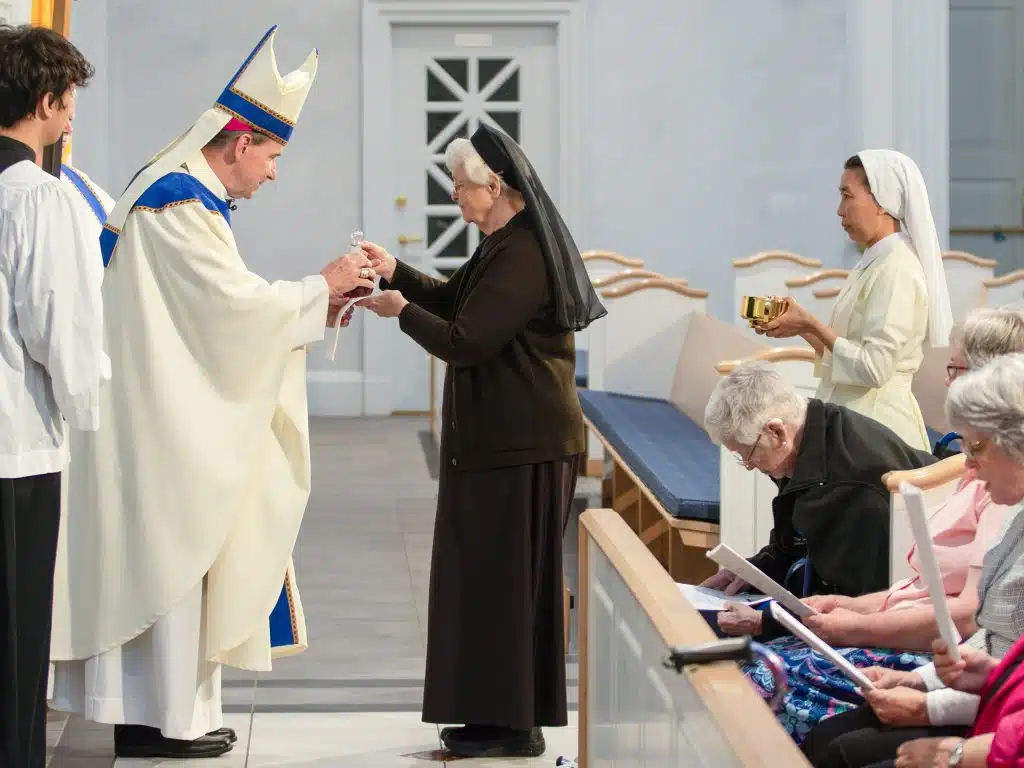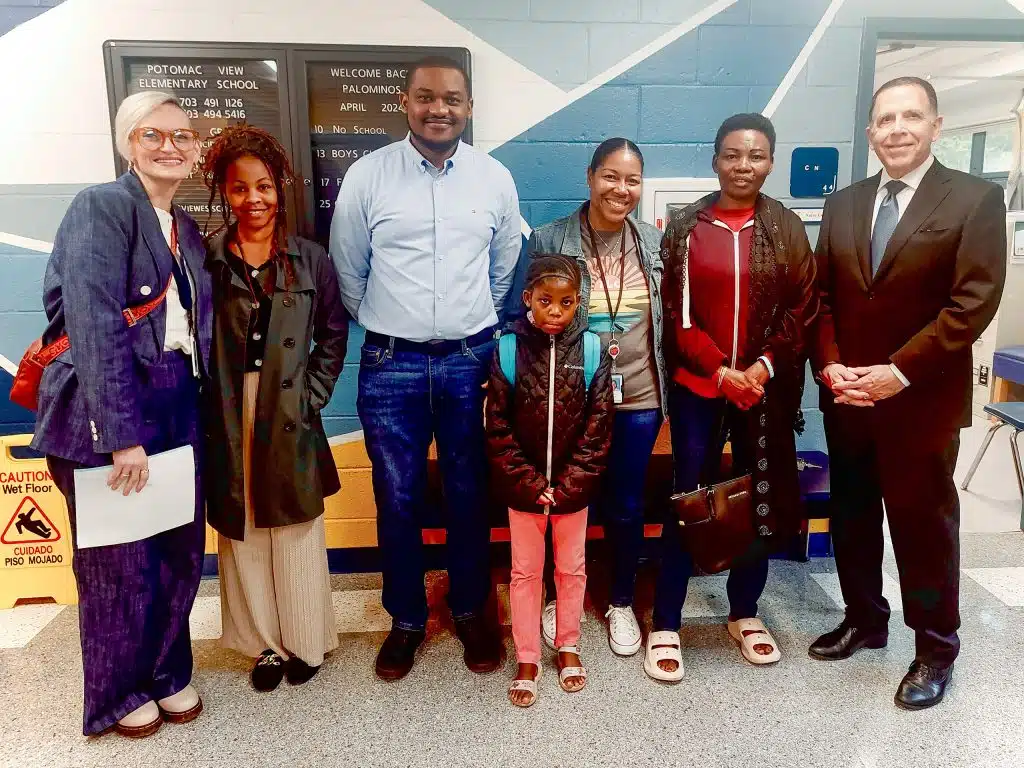LEVITTOWN, Pa. (CNS) – As newly married couples get ready to spend their lives together they soon realize they are not just gaining a spouse but a whole new set of family members.
Marriage experts urge couples to get to know the family they are marrying into for clues about their spouse, a sense of future family responsibilities and even to tap into potential support. Father Guillermo Garcia, assistant professor of religious studies at Mount St. Mary’s College in Los Angeles, said it’s important for couples thinking about marriage to see how the prospective partner reacts with his or her family of origin.
“We fall in love, and it’s a little like getting married ‘under the influence,'” he joked. Irritations that come up at the beginning of a relationship may be quickly forgotten, but they become problems later on.
In his own Hispanic community, he said, adult children are expected to continue to take responsibility for their parents and siblings. For a good marriage, it’s important that there be a general understanding ahead of time that parents will take a back seat to the primacy of the marriage relationship, so that couples can work things out “without the orchestra of the family playing in the background.”
It’s also important for couples to know their in-laws so they can understand each other, he said.
“I am convinced that we parent as we were parented,” Father Garcia said, adding that it is helpful to “build a bond of friendship and frankness” with one’s spouse’s parents.
Donna Tonrey, director of the marriage and family therapy program at LaSalle University in Philadelphia, said one of the most important elements of beginning a good marriage is for each of the parties to have a good understanding of his or her family of origin.
Understanding the impact that their families had on who they are makes them better able “to foster emotional growth as individuals and as a couple,” and she said a couple can’t do one without the other.
The most common pitfall she sees for newly married couples is when one or both members process whatever’s happening through their own experience of family. The “default” setting tends to be “Well, in my family …” but that way of doing things may not work for the new family formed by the couple.
Today’s couples are less likely to know their in-laws well than couples in years past who married within the communities where they grew up, said Gail Risch who teaches Christian ethics and theology of Christian marriage at Creighton University in Omaha, Neb.
Although in-laws tend to get a bad reputation, Scott Browning, a psychology professor at Chestnut Hill College in Philadelphia, points out that they can be incredibly helpful.
“They’re the people you lean on most when you’re in need,” he said.
The biggest pitfall, he said, comes up when a spouse feels neglected because his or her partner is too connected to a parent or other family member. To avoid this situation, he advises couples to set up boundaries even around simple things such as telling parents to call before they come over to visit.
On a more positive note, Browning said that grandchildren are an incredible elixir, often smoothing over rough spots that may have existed between in-laws and spouses.


